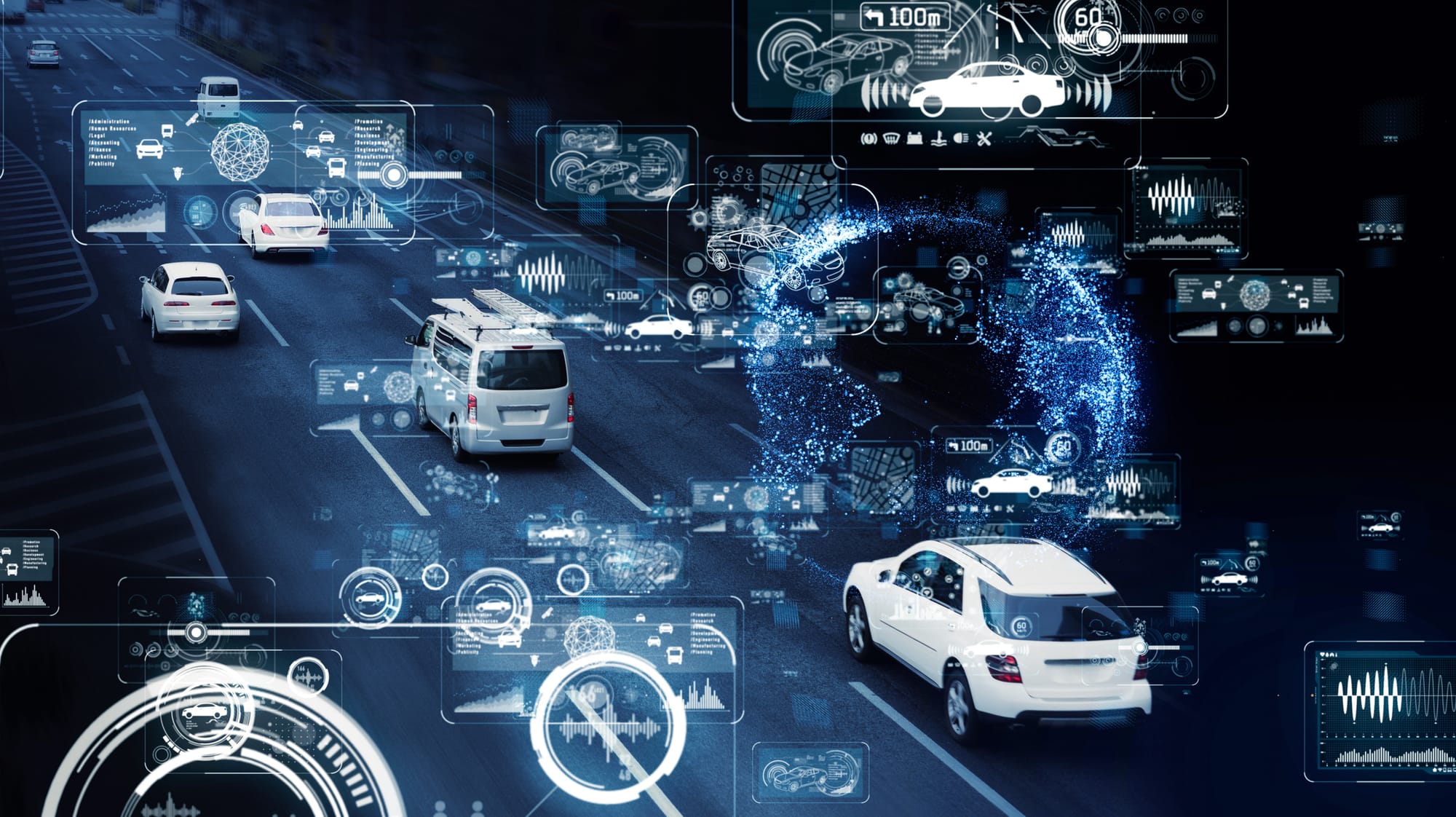Car Hackers Are Out for Blood
The rise of “smartphones on wheels” is ushering in cybersecurity risks that have never before existed on America’s roads.

When a group of German hackers breached a Tesla, they weren’t out to remotely seize control of the car. They weren’t trying to access the owner’s WiFi passwords, nor did they want a way to steal credit card numbers from a local electric-vehicle charging network.
Their target was its heated seats.
The Tesla in question was equipped with heated rear seats, but the feature is hidden behind a paywall and activated only after the driver forks over $300. To get around that, three Ph.D. students from Technische Universität Berlin, along with an independent researcher (and the Tesla’s owner), say they physically tampered with the voltage supply that powers the car’s infotainment system. This allowed them to essentially glitch the computer, in the process gaining access to the rear heated seats free of charge. By “jailbreaking” the car, they were also able to access many of its internal systems and private user data. “We are not the evil outsider, but we’re actually the insider, we own the car,” one of the researchers told TechCrunch last month ahead of a cybersecurity conference where they presented their findings. “And we don’t want to pay these $300 for the rear-heated seats.”
As part of the move toward electric cars, most automakers are copying Silicon Valley’s playbook and making drivers pay monthly or yearly fees to unlock new features. Sometimes those features are fairly basic, like a remote starter; in other cases they’re more advanced, like autonomous parking assistance. Accessing them typically requires just a few taps on a car’s touchscreen or its related smartphone app, the same way you might subscribe to anything else online. It’s part of why the new generation of cars is often described as “smartphones on wheels”: Cars now offer various downloadable apps, automated driver assistance, and even integration with platforms such as Spotify and TikTok. But more digital features that connect your car to the internet provide openings for data theft, tampering, and other cybersecurity risks that simply have not existed on the roads until now.

